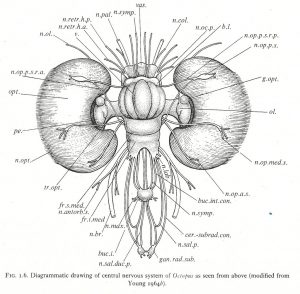It’s out of control. It’s insane. Look at this story out of Texas:
The concept of the college football coaching buyout reached its historical apex Sunday, when news broke that Texas A&M would dismiss Jimbo Fisher amid his sixth season as head coach. That dismissal would figure to entail the school and its boosters paying Fisher the remainder of his contract, which infamously totals around $76 million.
$76 million. What’s worse, they’re paying one man $76 million to stop working so they can hire someone else for an equivalent salary…a single salary that could instead have paid for over 700 full professors in real academic disciplines to work. And this is one guy! Imagine how much money is getting thrown down the rathole of recruiting and bloated coaching staffs and taking the players out for steak dinners every night. This is madness. This is college football.
This Jimbo Fisher guy never deserved that kind of extravagant salary, and even had a winning 6:4 season so far. You know what happened here: some absurdly rich asshole donor started complaining that “his” team wasn’t winning enough, and decided to meddle, so he could pretend to take credit when some young kid throws a touchdown pass.
This is no way to run a university.
The students don’t even notice because they’re all distracted by these phony rivalries. All they know is that to defend their honor their football team has to defeat some other football team in Texas, or Nebraska, or whereever. No, kids, that doesn’t matter.












